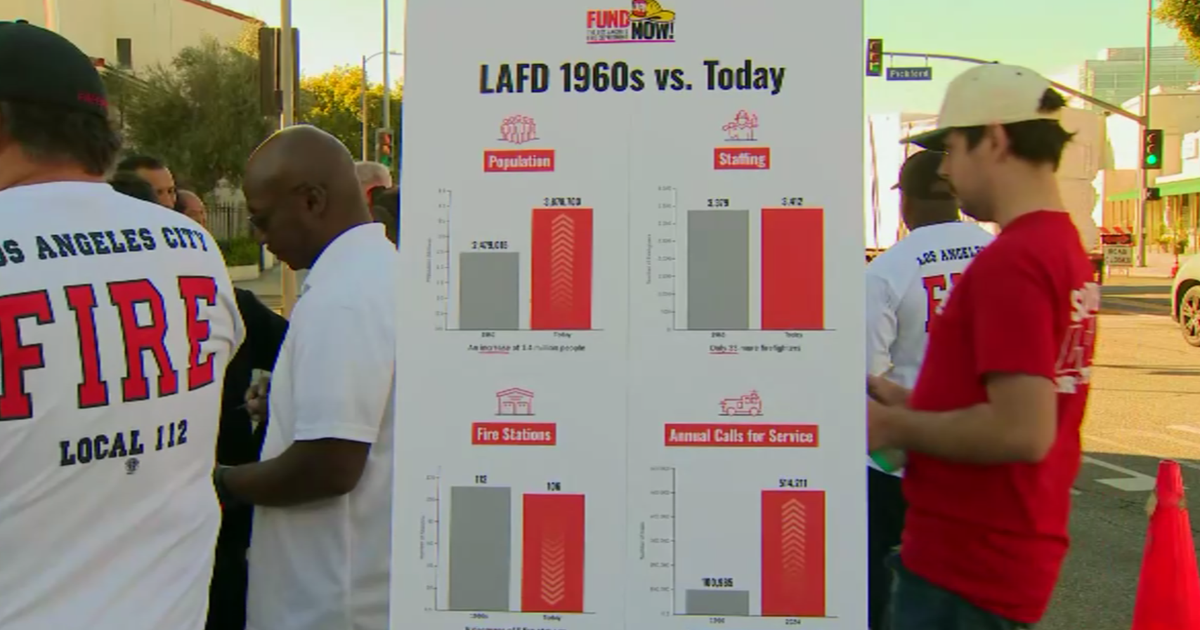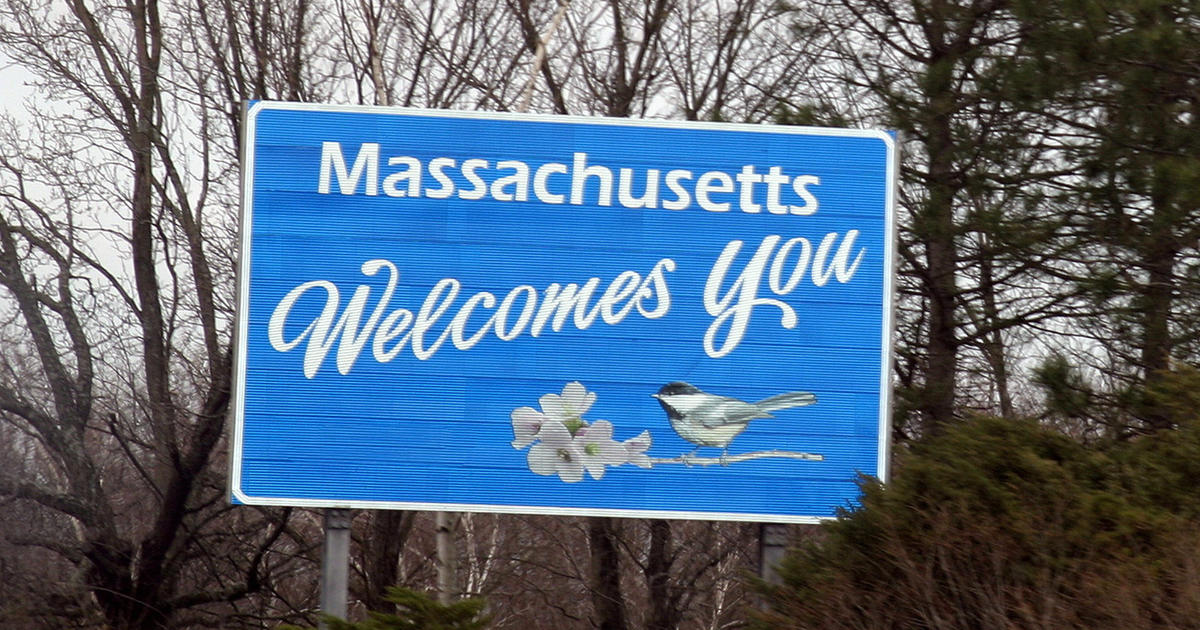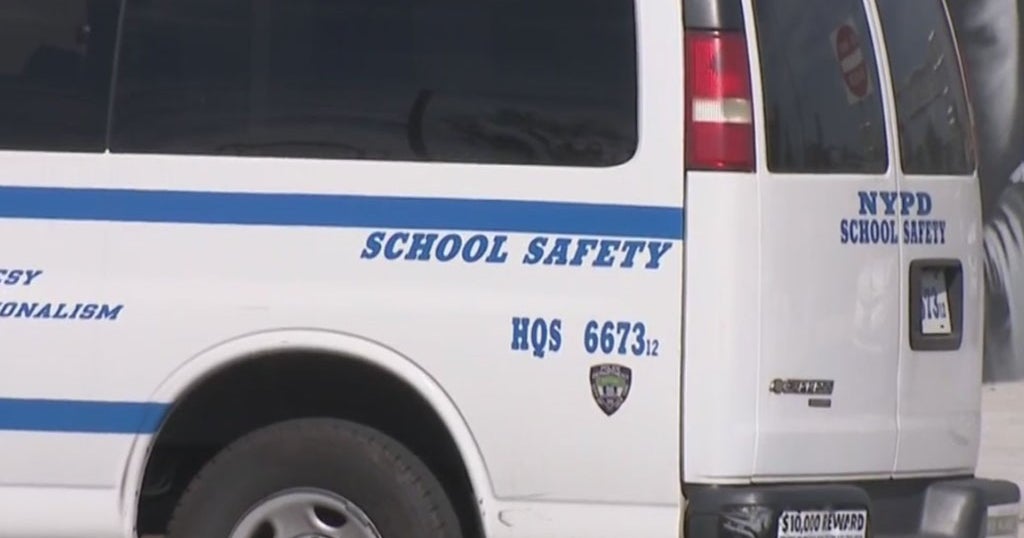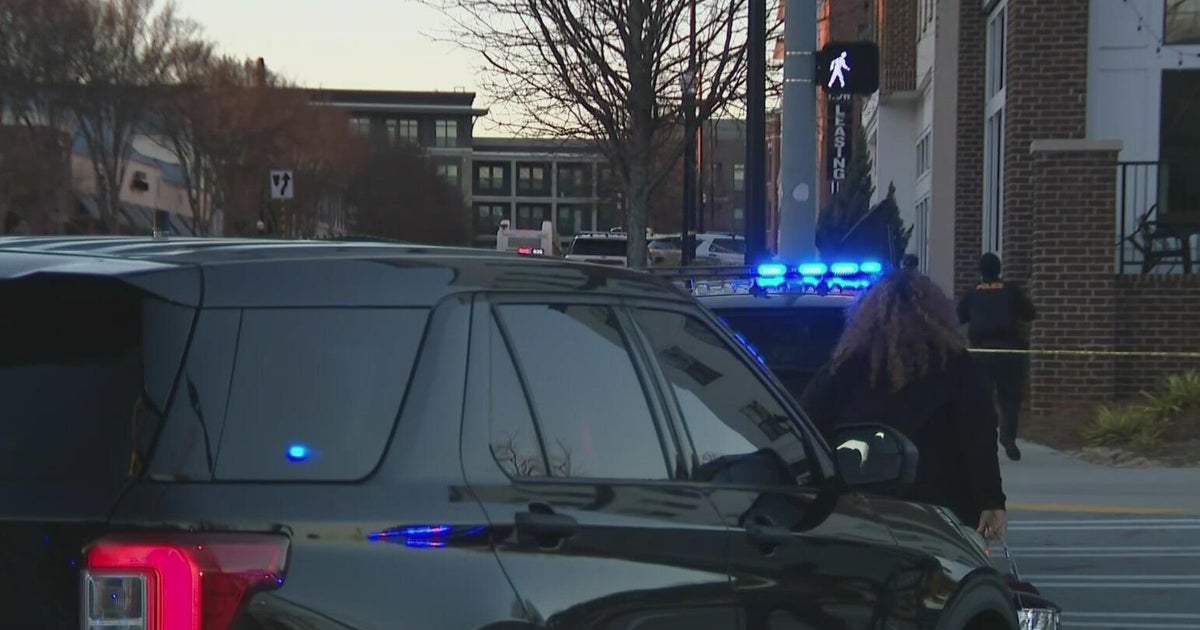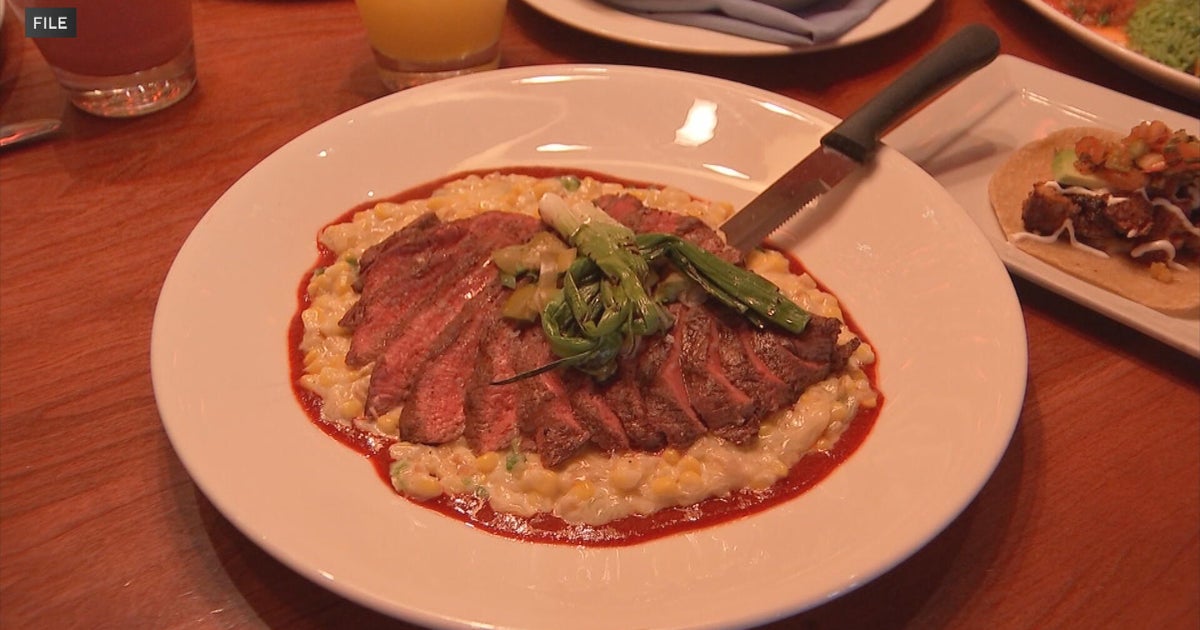New laws to know for 2025 in New York, from minimum wage increase to paid leave for prenatal care
NEW YORK -- New year, new laws. Here's what people in New York need to know about the changes taking effect in 2025.
Let's start with minimum wage. It's going up 50 cents an hour in New York to $16.50 for New York City, Long Island and Westchester County and to $15.50 for the rest of the state.
One grocery store owner said rising labor costs are one of many challenges to the bottom line.
"That includes energy costs, insurance rates, taxes, city taxes and now another lingering factor is shoplifting," said Jose Filipe who owns New Rochelle Farms.
New Jersey's minimum wage increases 36 cents to $15.49, and Connecticut's goes up 66 cents to $16.35.
New laws for 2025 in New York City
- Congestion pricing: The new toll charging drivers to enter Manhattan's Congestion Relief Zone is scheduled to start at midnight on Jan. 5, 2025. Most weekday commuters will be charged $9 to drive into Manhattan at or below 60th street. Off-peak hours will be less expensive, and there are some discounts and exemptions available. New York Gov. Kathy Hochul suddenly pumped the brakes on the initial rollout last summer, but later brought the plan back at a reduced rate. It still faces several legal challenges, and President-elect Donald Trump is among those who have voiced their opposition.
- Broker fees: New York City is effectively doing away with broker fees after the City Council approved the Fairness in Apartment Rental Expenses, or FARE, Act. Under the new law, whoever hires a broker is responsible for paying them. In most cases, that would be a landlord, rather than a prospective tenant. Mayor Eric Adams declined to sign the bill, which passed with a veto-proof majority. The change takes effect on June 11, 2025.
- Hotel licenses: The City Council also approved the Safe Hotels Act, which requires every city hotel to be licensed with the Department of Consumer and Worker Protection. The law means hotels must ensure staff and security are on site when guests are staying there, and they must train employees to recognize human trafficking and equip them with panic buttons. These changes start on May 3, 2025.
New laws signed last year in New York State
- Public safety: New York Gov. Kathy Hochul signed various public safety-related laws in 2024, including one that makes removing, or threatening to remove, a person's religious clothing, such as a yarmulke or hijab, a second-degree aggravated harassment charge. Another, named after late NYPD Det. Brian Simonsen, requires cellphone providers to disable stolen phones in an effort to crack down on theft.
- Consumer protections: Other new laws include one that requires gyms and health clubs to accept membership cancelations within 10 business days of receiving the request, another that requires telemarketers to provide certain information within the first 30 seconds of a call, and another that requires restaurants that offer online delivery to post their sanitary inspection grades on their website or mobile app. The Restaurant Reservation Anti-Piracy Act also bans third-party services from charging hundreds of dollars to hold a spot at a restaurant.
- Healthcare costs: One healthcare-related law requires health insurance companies to cover dyslexia exams when referred by a physician, and another eliminates co-pays for insulin. Others prohibit selling medicine for an "unconscionably excessive price" during a shortage and prohibit hospitals from reporting medical debt to credit agencies. Another allows any worker to file workers' compensation for specific mental health issues stemming from "extraordinary work-related stress."
- Maternal health: One new law requires 20 hours of paid time off for pregnancy-related appointments, another says maternity patients must have access to a doula, and another expands the information prospective patients receive about facilities' policies around safety drills and transferring critically ill patients or infants. Another requires Medicaid to cover remote ultrasounds and fetal non-stress tests, and another requires ingredients to be listed on diapers sold in the state.
- Gun violence: Another package of laws requires gun dealers to distribute warnings about the dangers of suicide, domestic violence and unintentional death to children. It also calls on the gun industry to prevent the use of "pistol converters," requires courts to notify the state registry of orders of protection and warrants when an ERPO (temporary and/or final extreme risk protection order) is issued, and requires gun licensers to provide information about storage, child access, violence prevention and any specific county or local laws.
- Opioid crisis: This package of laws requires the Department of Health to distribute fentanyl test strips to registered opioid overdose prevention programs. It also requires the state to equip public institutions with opioid antagonists, like Narcan, and authorizes health care professionals to dispense supplies used to test for xylazine, a non-opioid sedative that is not FDA approved for human use.
- Sojourner Truth Day: Hochul also signed a bill designating Nov. 26 as Sojourner Truth Day, honoring the women's rights advocate and abolitionist from Ulster County, New York.
As for New Jersey, drivers face another year of pain at the pump, as the gas tax goes up by about 6% to 44.9 cents per gallon.
The increase will support New Jersey's Transportation Trust Fund Program, which is required to provide nearly $11 billion over five years to support infrastructure improvements for the state's roads and bridges.
